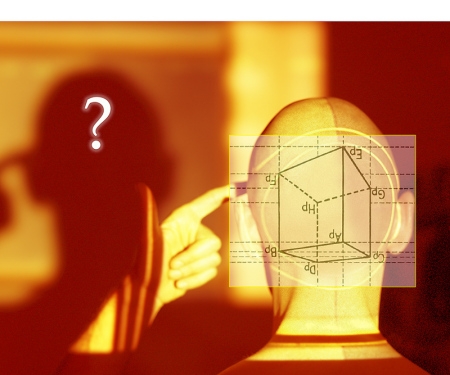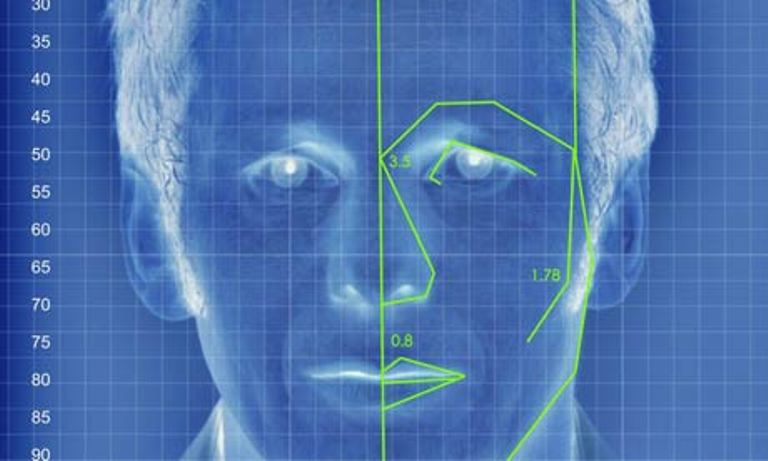Por Esteban Santamaría Hernández
The bible is one of the most antiques and important text in human history; it’s not only a religious or inspirational book, is also one of historical and narrative gender, which has motivated many studies in different areas of science.
Which are the elements required for an invention to be considered as a patent? In many of the Industrial or Intellectual National Property Laws, it is established that the requirements of “novelty, inventive step and industrial application”, as necessary elements to obtain the patent. In the case of Mexico, the article 16 of the Industrial Property Law emphasizes it.
The concept of a “patent invention” is in one way new; previously it refers to the exclusive right given over an invention, other concepts were used in the history, for example the “favor” (the “merced” in Spanish)[1]. This word was used in the New Spain (now México), and conceptually offered the same idea of “patent” as we used today; on those years the Viceroy was in charge to grant a favor to the inventors in the new continent (1573).
We can find in the Bible one part that says: “Uzziah supplied the entire force with shields, spears, helmets, armor, bows, and sling stones. He sets up clever devices in Jerusalem invented by one engineer on the towers and corners of the wall designed to shoot arrows and large stones. And so Uzziah’s fame spread far and wide”[2].
When the Bible talks about “devices invented”, it can be inferred that those machines do not exist in this moment, so the requirement of “novelty” is satisfied. In the same way, it is possible to deduce that the invention was not in the “prior art”, making us imagine that the idea has the “inventive step”. Finally, the devices had “industrial application”, because were “set up…in Jerusalem”, and obviously worked in the war.
The recognition to the patent is given by the state or its authorized representative, once three requirements enounced are fulfilled; the inventor or inventors obtain the right to be the only one to commercialize it, during the period of time specified by the law of the Country.
Uzziah as authority recognized that the inventor was “one engineer”, and even if he never mentioned the name, the invention is clearly attributed to only one person who create and build the device.
Although the transcription does not mention the exclusive right of exploitation, neither the use of the concept of “patent”, we could be talking about the first recognition of an “invention” that fulfill the requirements necessaries to be considered today as a “patent”, given in the Bible, and one of the first in the human history.
The context is essential in the historical background; many of today’s concepts, in the past had other names or definitions, and even if they are not exactly the same, these concepts are very important in order to understand the present, because in one moment, they define the same phenomenon studied nowadays.
All the concepts used nowadays in the Intellectual Property field like “patent”, “trademark” and others, appeared recently if we consider that the “privileges” for an invention were granted since the XV century, but with different concept.
So in this case, maybe never been used the concept “patent”, but like the “privilege” granted to Galileo in Venice, and the “Statute of Monopolies” of 1624, and the first patent in Mexico mentioned above, used a different concept for a “patent” however, all these are background of today’s concept because produced the same effects that presently we know.
[1] Márquez, Manuel, “La patente más antigua de México y América”, Revista MiPatente, México, Edición bimestral N° 33, Febrero 2011, pp. 29-31.
[2] The Bible, 2 Chronicles, Uzziah 26:15.














